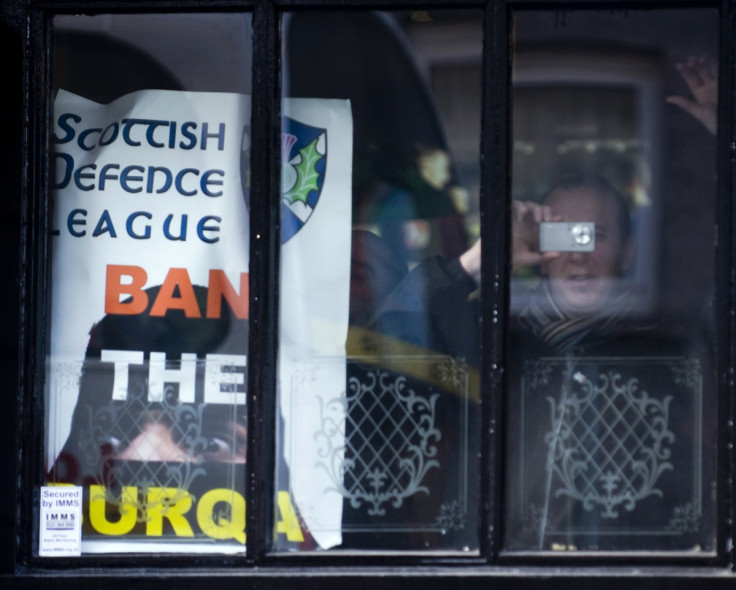Racism in Scotland: One third of ethnic minority Scots have experienced discrimination

More than half of incidents of racial discrimination in Scotland go unreported, according to a recent survey. Researchers at Strathclyde University, working with polling company Survation, found that a third of black and ethnic minority Scots (BME) had experienced discrimination in the past five years, with 60% of incidents not reported to police.
More than 500 people across Scotland were questioned for the survey, which researchers say is the first to focus on the experiences of ethnic minority Scots.
Those surveyed said that discrimination was not confined to any particular area, but was encountered in getting a job (36%), in being promoted (61%), in education (35%), and in the use of public transport (35 per cent).
More than 82% of those who experienced discrimination said it was due to their ethnicity, while 42% said it was due to their religion.
Some ethnic groups said they had experienced more discrimination than others, with nearly 45% of respondents with a Black African Caribbean heritage saying they had experienced discrimination, compared with 29% of Asian heritage and 23% of mixed heritage backgrounds.
Though 60% said they had not reported an incident of discrimination, 82% of those surveyed said they would encourage friends of family members to report racist incidents.
Dr Nasar Meer of Strathclyde's School of Social Work and Social Policy, who led the research, said that more was needed to understand the problem.
"There is clearly a perception of both low-level and more obvious experiences of racial discrimination in Scotland, but also of under-reporting, and much more research is needed to show how and in what ways this may be occurring.
"We certainly know from other fieldwork that racial discrimination occurs across the UK – for example, that BME applicants are less likely to be successful in applying for a job even discounting differences such as age and education.
"As this survey shows, we cannot assume this is not an issue in Scotland too."
Opinion was divided over whether the problem was improving, with 22% saying they thought were getting better, while 21% thought they were getting worse. Nearly 35% said they thought discrimination was a widespread problem in Scotland.
Dr Meer said: "There is both good and bad news in this survey."
"BME groups in Scotland have firmly established themselves in Scottish society; feel a strong attachment to it, and like all groups hold diverse sets of views on what they think Scottish society should be like.
"Clearly, however, the issue of discrimination is one that cuts across BME experiences and tackling this should be of central importance to policy makers."
A spokesman for the the Scottish government said they are providing £3m ($4.6m) to organisations this year to promote racial and religious equality.
"It is completely unacceptable that anyone should face discrimination as a result of their race or religion.
"While this research shows that we still have some way to go to eradicate racism and religious prejudice in our society, we are committed to tackling it.
"That is why we are providing over £3m to a range of organisations this year to promote race and religious equality and are currently working in partnership with stakeholders to develop a new race equality framework to tackle racism and promote equality, which will be in place in 2016."
© Copyright IBTimes 2025. All rights reserved.




















